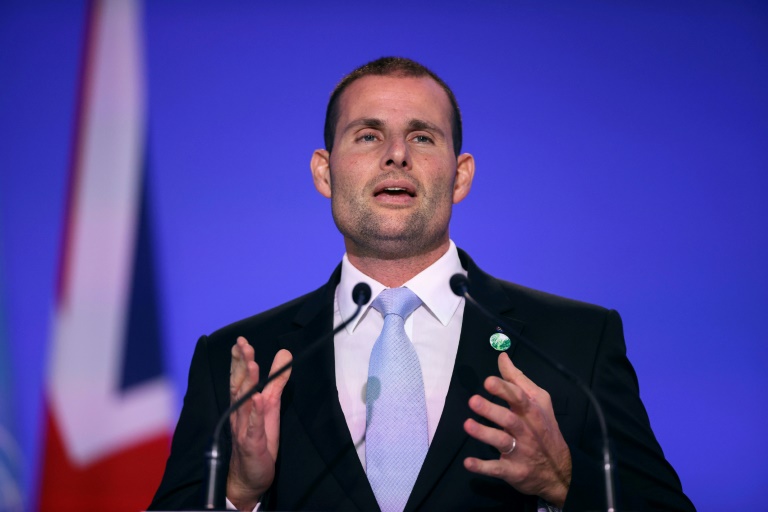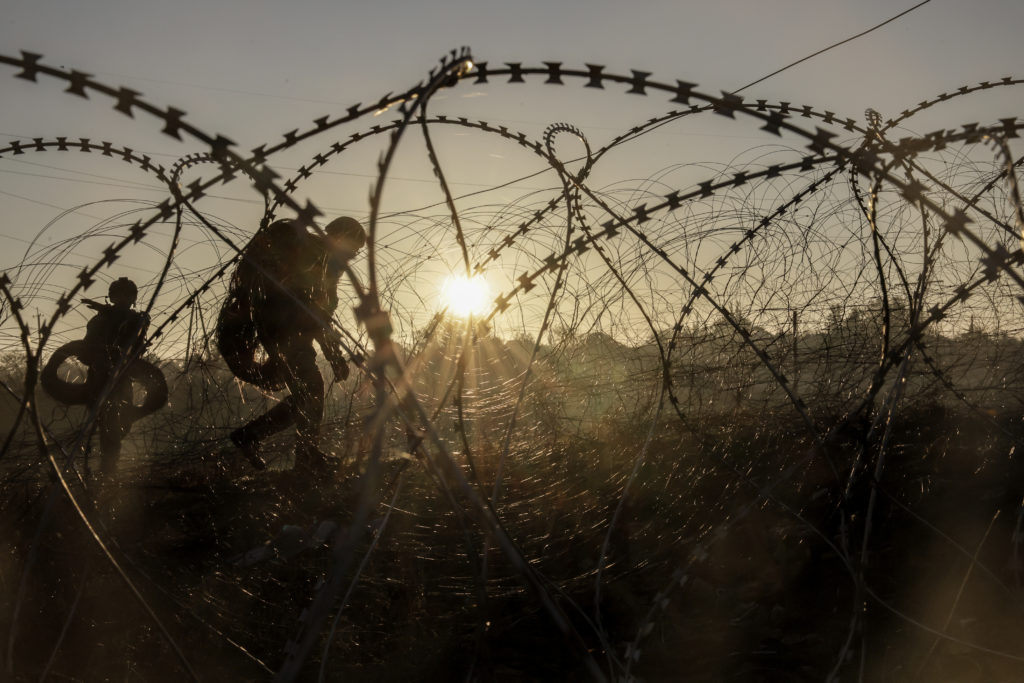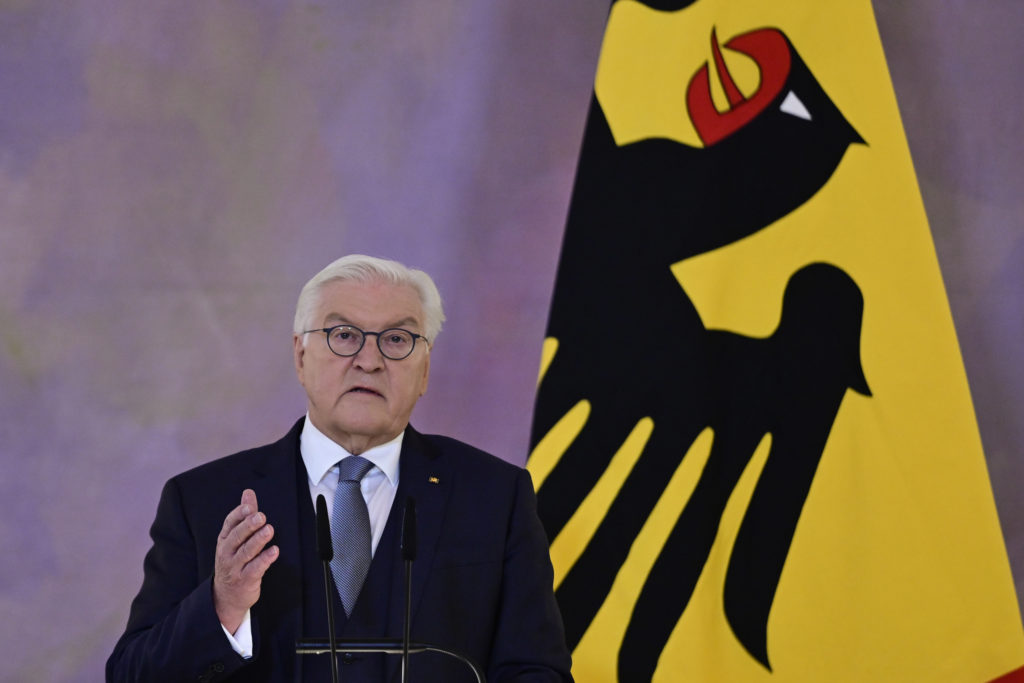Malta votes Saturday in elections expected to result in a landslide victory for the current government, after a campaign overshadowed by the Ukraine war and the legacy of corruption.
Labour Prime Minister Robert Abela is seeking his own mandate from the public after winning a party leadership vote two years ago to replace Joseph Muscat, who quit following protests sparked by the murder of journalist Daphne Caruana Galizia.
Opinion polls point to a decisive win for Abela, who is campaigning on his government’s widely praised handling of the coronavirus pandemic and Labour’s economic record during nine years of power.
The tiny Mediterranean island nation has few natural resources and a population of just over half a million, but has built a thriving economy based largely on tourism, financial services and online gaming.
After a deep recession triggered by coronavirus in 2020, growth rebounded strongly last year — but there are concerns here, as elsewhere, about the fallout of Russia’s invasion of Ukraine last month.
With spikes in the price of gas and wheat risking trouble for imports-dependent Malta, the government has earmarked 200 million euros ($220 million) to mitigate the impact of the war, on top of 200 million euros already budgeted to manage the post-pandemic rise in energy costs.
But it was also forced to suspend its “golden passports” scheme — through which foreign investors can obtain citizenship — for Russians and Belarussians, cutting off a significant source of funds.
Experts believe the uncertainty will only strengthen Abela’s hand, however, with the latest poll by Malta Today putting Labour above 53 percent of the vote.
With war and Covid, “people do not want to stir things up”, said Andrew Azzopardi, an expert at Malta’s university.
At a cafe overlooking Valletta’s sweeping Grand Harbour, Caroline Lapira is happy to declare her vote for Abela as she serves the tourists who have returned in droves to sample the delights of Malta’s rich history.
She says her business has boomed under Labour, while during the pandemic, when “I closed because I was so scared”, the government sent her monthly cheques.
“The prime minister came past here once, I said thank you. Without him I don’t know how it would have been,” she told AFP as she served up a Spritz.
– Dark shadow –
However, “there is this dark shadow over the Labour party” due to its attitude to good governance, noted George Zammit, senior lecturer in public policy at Malta university.
Abela took office in January 2020 after Muscat resigned following widespread public anger over his perceived efforts to protect friends and allies from investigation in the murder of journalist Caruana Galizia.
She had been investigating high-level corruption when she was killed in a car bomb near her house on October 16, 2017, a murder that sparked global outrage.
A public inquiry last year found “the state should bear the responsibility for the assassination by creating a climate of impunity” for those who did not like what she wrote about links between certain businessmen and top politicians.
Abela has since implemented reforms to reduce the prime minister’s power over judges and the police and has set up a committee of experts to look at better protection of journalists, although campaigners — and some voters — say he has failed to do enough.
“He could have done much more. They’ve all got away with it,” said Yohann, a 61-year-old shopkeeper in Valletta who asked not to give his surname for fear his views might hurt his business.
He is a long-standing supporter of the opposition Nationalist Party, whose leader Bernard Grech this week warned that “if Labour is re-elected with a huge majority… Daphne Caruana Galizia will have died in vain”.
Malta, which has for years fought accusations of being a tax haven, was dealt another reputational blow last year by being greylisted by global anti-money laundering body FATF.
But Marisa Xuereb, head of the Chamber of Commerce, hopes Malta will come off the list by the summer, insisting changes — including a register of who ultimately owns shell companies — are in progress.
She rejects as “very unfair” perceptions of widespread corruption, insisting: “It was only a minority of business people that have been involved.”










